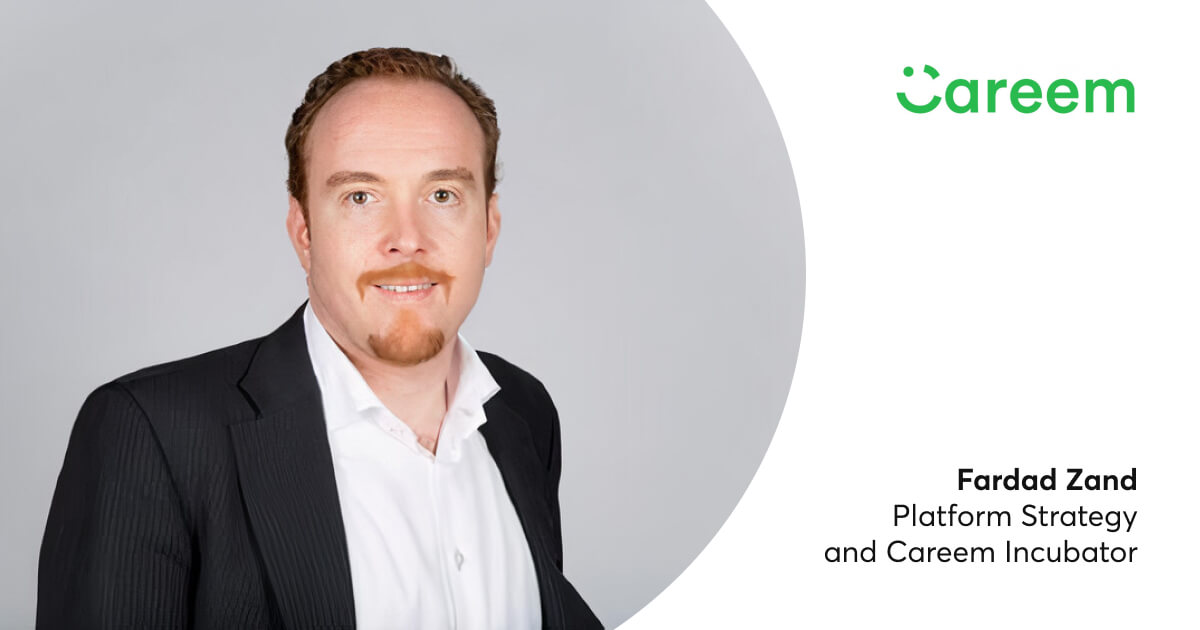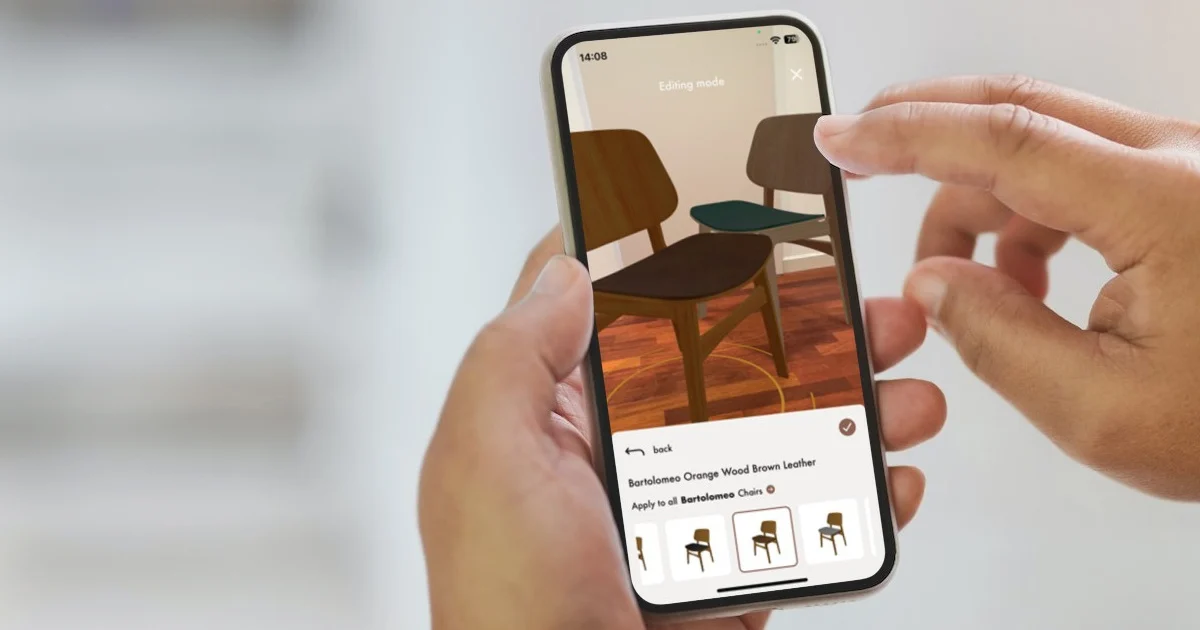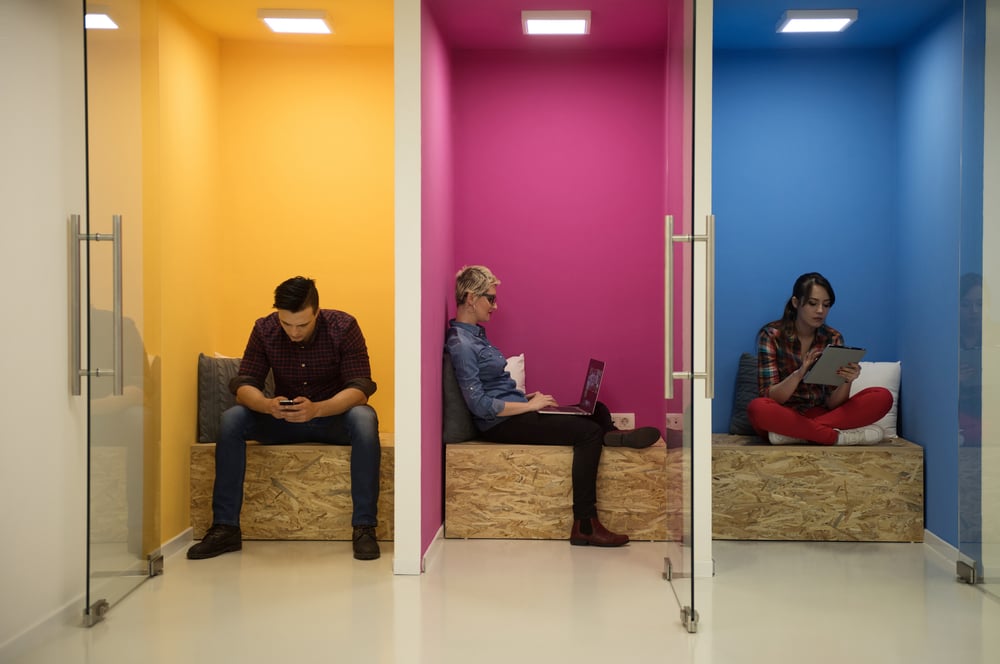What Are Super Apps and Why Do They Matter? We Talk with Fardad Zand from Careem

They provide access to multiple services in one place and so are bound to disrupt the way retail, e-commerce and online service businesses approach both their service portfolio and user experience.
The super app strategy offers even more convenience and simplicity to users than traditional apps, so it’s here to stay.
We spoke with Fardad Zand, Head of Platform Strategy and Careem Incubator, about his role at Careem, Uber’s impact on the company, and his thoughts on the future of super apps and where Careem is heading.
What are supper apps?
A super app is a closed ecosystem of many apps that further elevates customer experience by offering all-in-one-experience. Customers no longer need to download multiple apps to perform specific tasks, but can communicate with friends, order food, shop, pay for services, hire a car, book plane tickets, and much more in a single app. The multitude of services are enabled through a combination of in-house technology and third-party integrations, where the payment system is usually facilitated by the owner.
Super app development flourishes in the Asia-Pacific region, which is dictated by the users’ mobile-rich lifestyle.
The unquestionable leader in the super app world is China, where super apps such as WeChat, AliPay or Mietuan were created — they have over one billion, 900m and 500m users respectively. The leading WeChat offers over one million mini-services!
The trend is already going global, with super apps emerging in other regions: significant contenders include Careem in Dubai, Tata in India, Yandex Go in Europe and Uber, Gojek and Grab in Asia. However, they won’t follow China's path because of different market needs — every market has different needs and super app owners will have to adjust to them. Westerners, for example, are more reluctant to have a single service provider and prefer to explore different options before buying.
Careem’s ambition to win the global super app race
Careem began as a ride-hailing company in the Middle East and soon became the most popular service of its kind in the region. In 2020, it was acquired by a former competitor, Uber, and this partnership further boosted the platform’s expansion.
The Covid-19 pandemic had a tremendously negative impact on the business (ride-hailing dropped by over 80%), but the company was already working to diversify its service range in the region. Careem Super App platform now offers restaurant and grocery delivery, online shopping, e-bike booking and digital payments through a single app that launched in June 2020. Effectively, it became the first super app in the Middle East (besides Turkey and Iran).
Since launch, Careem’s user base grew by 900% and 2021 sees over 48 million unique users. The company operates in over 90 cities and adjusts its portfolio of services depending on the location and market, e.g. users in Dubai have Car, Taxi, Bike, Food, Delivery, and Shops on their home screen, while users in Lahore see Transport, Delivery, and Recharge. Careem Bike, the self-drive bicycle rental service that the company had launched early in 2021 is only available in UAE.
Filip Sobiecki: Tell us about your role at Careem. What’s a day-in-the-life for you?
Fardad Zand: As Head of Strategy, I’m responsible for the company's strategy and vision at a group level. This means I look at the company's vision for the next five to seven years and develop a one-year and two-year strategy.
I also do a kind of refresh strategy every quarter based on the outcome of the previous quarter.
Let’s focus on the strategy. How has the pandemic affected Careem’s strategy as a ride-hailing platform?
The impact on the ride-hailing and sharing economy, in general, was pretty intense. But we were lucky that we had already expanded our service portfolio to food delivery in 2018.
We were able to shift our focus from ride-hailing to other services, which meant we could compensate for the loss of our other services.
Your LinkedIn shows a lot of consulting work, data analysis, and academia. How applicable are those skills to your role now?
Old-school strategies used to focus around a couple of popular frameworks and then some gut feeling. Now, I think the new trend in strategic thinking is all about data. It’s all about data-driven decision-making.
A lot of my time and my team’s time is spent synthesizing data, whether it’s customer or market data.
Can you give us an overview of Careem, what it was, and what it is now?
Careem was incepted in 2012, during Ramadan of that year, and it began as a kind of corporate car dispatch company. This meant we focused more on B2B services, providing driver services to companies in the region.
Careem transformed over a period of two to three years into a ride-hailing company in the B2C space. In 2018, the company decided to add its first non-ride hailing service, which was food delivery.
By 2019, that’s when Careem started to first think about becoming a Super App.
The first instance of our Super App was launched in 2020, right in the middle of the pandemic. Besides Iran and Turkey, we are the first platform in the region to become a Super App.
Uber acquiring Careem was big news, but what was the impact on Careem and the region?
It was a big thing for the region, and it gained a lot of hope and excitement within the tech community. It also created a viable way for us to believe that the region can have its own ‘Unicorn’ business.
Uber used to be our biggest competitor, and a big part of our strategy was tracking what Uber was doing. We would look at their pricing, how they approached customer experience. We had thinktanks and problem-solving sessions all about Uber.
Partnering with our biggest competitor was exciting and surprising. We went from fighting day and night to beat Uber in every market to becoming friends practically overnight.
It was amazing how well we managed to establish relationships with our counterparts at Uber. Now we can openly discuss things and work together.
What can you tell us about Super Apps in general?
In principle, a Super App is a single app that offers multiple services. Typically, we use specific apps for different purposes. With a Super App, you start to bundle services such as payment options, loyalty programs into what becomes an all-in-one, one-stop-shop.
Where do Super Apps thrive best?
The birthplace of Super Apps seems to be southeast Asia. Afterward, the trend started to move towards India, then the Middle East, and Latin America.
In terms of what makes Super Apps popular in a particular region, I think there are three reasons.
One is whether it’s a mobile-first region. These are regions that went from no phone to smartphone in the span of a few years.
Another reason is whether a region is product-centric or ecosystem-centric. In the West, they look at a product as a combination of different features. In the east, particularly Southeast Asia, they think in a more holistic, ecosystem way. It’s all about the interplay between different products rather than a single one.
The third factor is how mature the industry is. In some regions, you will see top-notch, so-called category-killer platforms or services. These are brands that you think of immediately when someone says “grocery” or “payment processor.”
In the Middle East, there isn’t always a single service that comes to mind when you think of grocery or home services. This leaves a window of opportunity for Super Apps.
Have you seen an acceleration of competition in the region?
Yes. In 2019, we were still discussing Super Apps in the early stages, but the pandemic accelerated digital adoption across the region. This meant that both Careem and other players accelerated their growth and services in the digital space.
There has been what we call a “Super App race,” which we’re pretty excited about. A race without competition is a bit boring! The good thing about having strong competitors is that it forces you to do better and keep pushing forward.
What is the next step of Super App evolution?
My personal prediction is that we will see a large portion of market demand consolidated in this region over the next few years.
We will see small businesses try to partner with bigger platforms as third-party providers.
With the pandemic, everyone has realized that being online is not a choice anymore. It’s a must to survive in the business world, so I think that will be the next step for a lot of smaller companies.
What other areas is Careem looking into?
Careem’s plan for the next few years is to cater to a number of different service categories. We already have personal mobility covered, but we’re also looking at ways to provide intermodal transport options.
Food delivery is something we want to double down on in terms of our offerings. Another new service we are launching is a grocery service. Grocery is one of the most frequent services required not just in this region but across the globe.
One area we are working on is Careem Pay which will be big in 2021 and beyond. We’re working hard to develop the peer-to-peer money transfer side of Careem.
Another big opportunity for this region is cross-border remittance. We are sitting on the biggest global corridor of cross-border remittance to Southeast Asia, so that’s an opportunity to improve people’s lives.
Apart from that, we will start to see a lot more third-party service providers on our Super App, which will be exciting to see in the future.
This discussion is part of our Disruption Talks recordings, where we invite experts to share their insights on winning innovation strategies, the next generation of disruptors, and scaling digital products. To get unlimited access to this interview and many more, sign up here.






